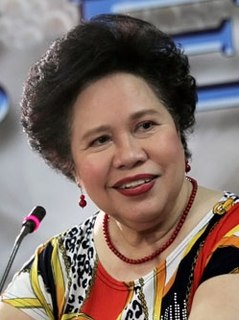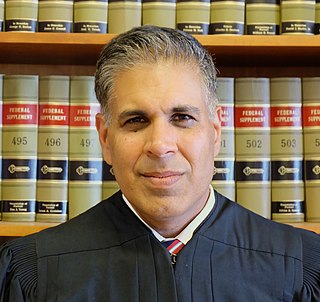A Quote by Ethan Zuckerman
While the Internet is censored in China, the censorship is allowing a level of speech to take place that's unprecedented.
Related Quotes
If you have an internet service provider that's capable of slowing down other sites, or putting other sites out of business, or favoring their own friends and affiliates and customers who can pay for fast lanes, that's a horrible infringement on free speech. It's censorship by media monopolies. It's tragic: here we have a technology, the internet, that's capable really of being the town square of democracy, paved with broadband bricks, and we are letting it be taken over by a few gatekeepers. This is a first amendment issue; it's free speech versus corporate censorship.
Experience has shown us that attempts to control the Internet will invariably fail. We should be instructed by the failed efforts of China to regulate political content, the efforts of America to regulate Internet gambling, or the efforts of Australia to regulate certain speech. By its very nature, the Internet will always resist such controls.
Self-censorship happens not only in China, or Iran or ex-Soviet places. It can happen anywhere. If an artist penetrates a certain taboo or a certain power through their work, he or she will face this problem. I'm always saying that commercial censorship is our foremost censorship globally today. Why do we still pretend we are free?



































